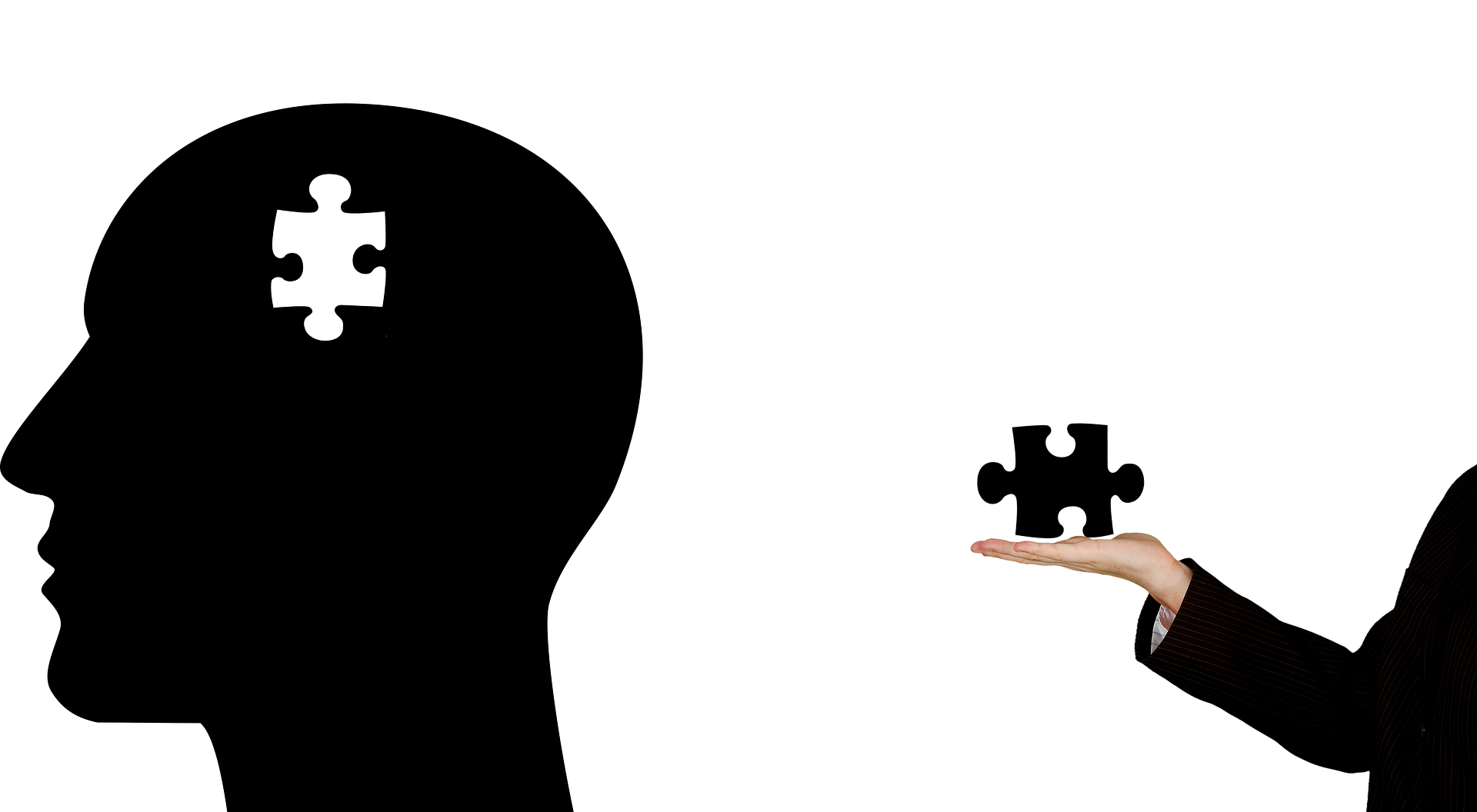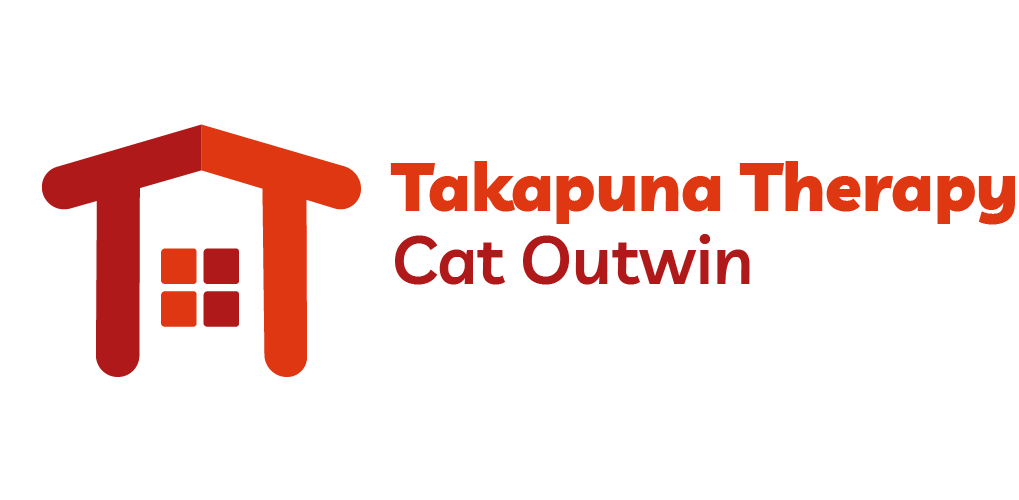Behavioural Therapy and Counselling Support
(dogs and babies are welcome at my home practice)

Hello, I’m Cat. I’m a certified Behavioural Therapist (C.B.T. and A.C.T.) and I practice on Auckland’s North Shore.
My therapy style is solutions focused therapy and I take a comprehensive approach to helping, we look at all aspects of you and your life – physical, emotional, mental, social, environmental…all of your challenges and pain points.
I’d love to help you take control of your emotional health and well being and become the confident and best version of You !
I work with a range of problems including : –
- Chronic Anxiety including social anxiety, generalised anxiety disorder and panic disorder
- including a feeling of overwhelming or uncontrolled emotions
- Getting “unstuck” and moving forward in a values based direction
- Getting “unhooked” from negative self-talk
- Adolescents with anxiety and depression and low self confidence
- Improving communication and decreasing conflict
- Life direction
- Healing from childhood and relationship damage
- Building confidence, self-esteem, assertiveness and social skills, communication skills and relationship skills
- Misophonia and Misokinesia
- Counselling Support
- Menopause and Andropause Support
Therapies

Acceptance and Commitment Therapy
Also known as ACT encourages you to embrace your thoughts and feelings rather than fighting or feeling guilty for them.
It may seem confusing at first, but ACT paired with mindfulness-based therapy offers clinically effective treatment.
Medical conditions such as anxiety, depression, OCD, addictions, and substance abuse can all benefit from ACT and Mindfulness-Based Cognitive Therapy (MBCT).
ACT develops psychological flexibility and is a form of behavioural therapy that combines mindfulness skills with the practice of self-acceptance. When aiming to be more accepting of your thoughts and feelings, commitment plays a key role. In the case of ACT, you commit to facing the problem head-on rather than avoiding your stresses. Imagine committing to actions that help you facilitate your experience and embrace any challenge.

CBT is an approach with ample scientific evidence that it can produce change.
Cognitive behavioral therapy (CBT) is a form of psychological treatment that has been demonstrated to be effective for a range of problems including depression, anxiety disorders, alcohol and drug use problems, marital problems, eating disorders, and severe mental illness. Numerous research studies suggest that CBT leads to significant improvement in functioning and quality of life. In many studies, CBT has been demonstrated to be as effective as, or more effective than, other forms of psychological therapy or psychiatric medications.
It is important to emphasize that advances in CBT have been made on the basis of both research and clinical practice. Indeed, CBT is an approach for which there is ample scientific evidence that the methods that have been developed actually produce change. In this manner, CBT differs from many other forms of psychological treatment.

Schema Therapy
Schema Therapy is designed to address unmet needs and to help clients break these patterns of thinking, feeling and behaving.
Schema therapy (ST) is an integrative approach that brings together elements from cognitive behavioral therapy, attachment and object relations theories, and Gestalt and experiential therapies. It was introduced by Jeff Young in 1990 and has been developed and refined since then.
Many clients who begin schema therapy have sometimes spent years in other types of therapies, gaining valuable insight, but often frustrated by their lack of progress. Schema therapy is especially helpful in treating chronic depression and anxiety and relationship difficulties. It helps to prevent relapse among substance abusers. Schema therapy enables changes in clients who feel hopeless about their self-destructive patterns, because these problematic behaviours may seem so entrenched that they appear to be part of their very identity.
Schemas or ‘negative life beliefs’ can lead to low self-esteem, lack of connection to others, problems expressing feelings and emotions and excessive worrying about basic safety issues. The beliefs can also create strong attraction to inappropriate partners and lead to dissatisfying careers.

Counselling Support
Whether you are dealing with stress, anxiety, depression, relationship issues, or life transitions, counselling provides the tools and space to better understand your experiences and emotions. The goal is often to foster emotional resilience, develop coping strategies, and enable personal growth.
As a therapist offering counselling support, I can help you address your concerns in a holistic manner. Hypnotherapy, when combined with counselling, allows for deeper access to the subconscious mind, which can be especially effective for issues rooted in unresolved trauma, phobias, or ingrained patterns of behavior. Through this combination, I can assist you in identifying the underlying causes of your struggles, reframing negative thought patterns, and fostering a sense of empowerment.
In our sessions, I can also teach you mindfulness, relaxation techniques, and strategies for self-awareness, which can reinforce the progress made in therapy. Ultimately, I provide a healing space where you can feel supported as we work through your challenges, encouraging personal transformation and improved mental well-being.

Relationship Therapy
Relationship therapy, also known as couples therapy, is designed to help partners improve their communication, resolve conflicts, and strengthen their emotional connection. It offers a neutral, safe space where couples can openly express their feelings, concerns, and frustrations without fear of judgment. I guide the conversations, helping both partners gain clarity on the underlying issues that may be affecting the relationship—whether they stem from communication breakdowns, unresolved conflicts, trust issues, or life transitions.
Through relationship therapy, couples can learn healthier ways of interacting and managing disagreements, which can lead to greater understanding and empathy. Therapy often focuses on teaching practical tools, such as active listening, emotional regulation, and problem-solving techniques, which can help partners address both current conflicts and future challenges. It can also uncover deeper patterns or behaviors that might be influencing the relationship, allowing both partners to work on individual growth as well as improving their bond. Whether a couple is seeking to heal from a significant breach of trust or simply improve their connection, relationship therapy offers valuable insights and strategies for building a healthier, more satisfying partnership.

Therapy for Misophonia
Therapy for Misophonia is holistic and integrates many therapies and approaches – it is personalised and involves teaching psychological flexibility.
Management of the condition can reduce the impact on a person’s life, but will not change the fundamental reflex reactions of misophonia. This includes creating a trigger-free haven, a place where they escape to. Using noise cancelling or isolating headphones. Improving diet, good quality sleep and general wellness. Using electronics and technology such as white noise generators, smartphone apps and bluetooth sound generators.
The treatments for Misophonia are underpinned by solid neuroscience. Practicing muscle relaxation techniques daily for several months has proven to be enormously successful for some sufferers. Using paced breathing, CBT and focused concentration can help. Neural Repatterning Technique is a treatment I can help you with. The treatment involves hearing an intermittent, very weak trigger while experiencing a positive situation such as listening to your favourite music or talking about positive life experiences. Hypnotherapy can be used to “collapse the anchor”, that is, disconnect the emotional response from the physical reflex and create a positive emotional response to the physical reflex.
During hypnosis, your body relaxes and your thoughts become more focused. Like other relaxation techniques, hypnosis lowers blood pressure and heart rate, and changes certain types of brain wave activity. In this relaxed state, you will feel at ease physically yet fully awake mentally, and you may be highly responsive to suggestion. Your conscious mind becomes less alert and your subconscious mind becomes more focused.
There are several stages of hypnosis:
- Reframing the problem
- Becoming relaxed, then absorbed (deeply engaged in the words or images presented by a hypnotherapist)
- Dissociating (letting go of critical thoughts)
- Responding (complying with a hypnotherapist’s suggestions)
- Returning to usual awareness


